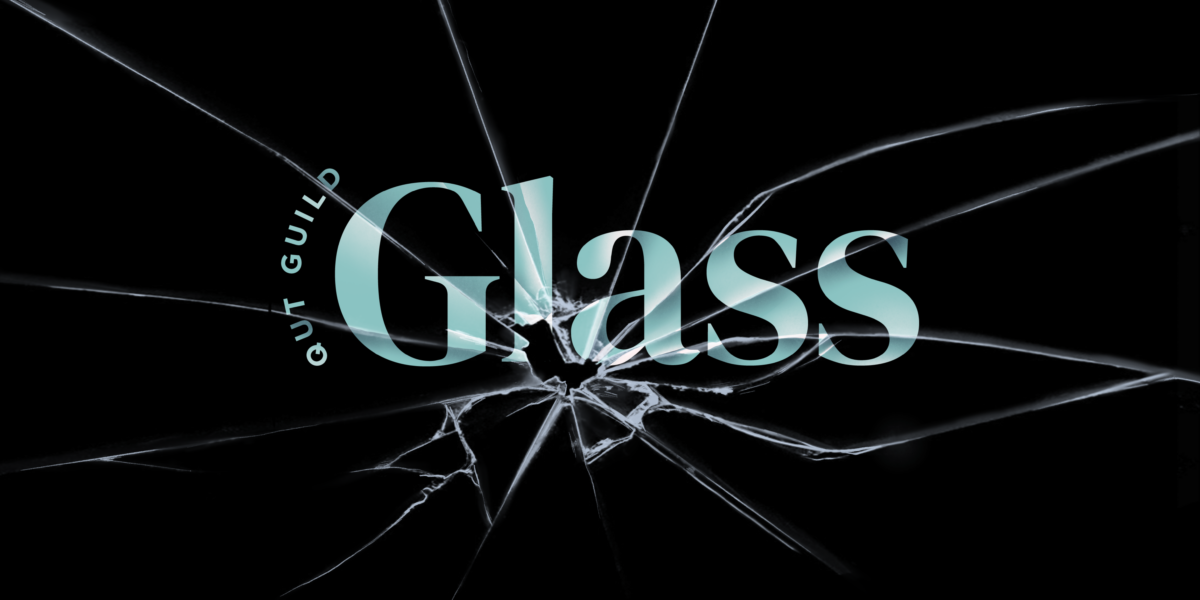Adding onto the growing number of student organisations seeing their funding cut or removed is Queensland University of Technology’s student publication, Glass. Earlier this year, QUT’s student union, the Guild, informed the Editors that their 2023 budget will decrease from $110,000 to $80,000.
When Woroni spoke to Glass Editor-in-Chief Ciaran Greig, her reaction was one of shock and surprise. Glass is a popular publication on campus, with 68% of respondents to the Guild’s Student Experience Survey stating they wanted to read the magazine. A third of that 68% said that they also wanted to read a paper copy as opposed to online.
The Guild has cut Glass’ overall funding by reducing the assumed hours of work that the four Editors will put in over their term. While student editors and politicians at most Australian universities receive honoraria – a below minimum-wage payment – QUT Executives and Glass Editors are paid hourly.
However, the Guild’s calculations included the hours worked only by three Editors, and only covered January to September, rather than the whole calendar year. They sum to a total of 45 hours per week, or 11.25 hours per Editors, with 5 hours to secure advertising. Greig alleges that these three months were quieter and hence do not accurately reflect the Editors’ workload. According to her, by January this year, the Editors were already working an average of 69 hours a week overall.
The funding cut will not reduce the hourly rate of the Editors, but rather, will reduce the number of hours the Editors can work before they begin to reduce Glass’ printing budget.
The Guild President, Zoe Davidson, told Woroni that the four Glass Editors averaged 45 hours last year. The President also stated that if Editors exceed these hours, they can “…pitch for untied funding…” both “within and beyond QUT.” The Guild has budgeted an extra 5 hours per week to secure advertising and Davidson promised that the Editors would be supported in this. Davidson did not elaborate on what this support includes.
The Guild has budgeted only for a certain number of hours to be worked, while the Editors want to maintain, if not increase, their output from last year. Greig argues that, to achieve this goal, the Editors will not be paid for the hours they work. Instead they will be paid at a fixed rate of 12.5 hours per week. The QUT President delegated responsibility for logging hours to the Editor-In-Chief but simultaneously said “…we encourage all SRC members to log all hours for data.”
Since the initial announcement, the conflict, largely between Glass Editors and the President and Secretary of the Guild, has become marred in a number of ideological and procedural arguments.
While the funding cut was initially based around estimates of hours worked, when pushed for a justification, the President and Secretary focused more on the coverage provided by Glass in 2022.
The President recently argued that the 2022 media team did not cover all SRC meetings, did not report adequately on the SRC to the Guild, did not sufficiently liaise with external organisations to secure advertising and did not report on student elections, amongst other regulatory requirements. Davidson also claimed to Woroni that Glass inconsistently reported “…on matters that directly affect QUT Students.”
Greig explained that following conflicts of interests between Editors and Guild representatives in the past, Glass has tried to distance itself from the Guild. This included not attending Executive Committee meetings. Davidson responded to this claim by arguing that conflicts of interest are “…only[sic] justification for better communication and consultation.”
Last year, the Guild Secretary had to postpone an annual general meeting two times, after the Secretary announced the meeting too late. They have not seen their funding cut this year. Moreover, under the Guild’s Media Regulations, the paper’s funding should be decided by the Finance Committee. It was actually decided by the SSAF Committee.
While the Secretary oversees the organisation of the general meetings, the President argues that blaming them for the regulatory failings last year is “…categorically false.” Davidson added that the Secretary was not at fault because a new constitution and regulations had been implemented in 2021, whereas “… the Media Regulations have no discrepancies between documentation and are very procedurally clear.”
The President has also argued that printing the magazine has a negative environmental impact. Glass uses 100% recycled paper for its four magazine issues each year.
The President also complained that “As the magazines are free there is no way of tracking readership as they are placed over campus.” The Guild’s survey last year showed that more students want to read a paper magazine than what Glass currently prints for. Yet, the survey also showed that 66% would prefer to read Glass online.
Glass joins a number of other student organisations around the country that have seen their funding cut in recent years. Last year, the University of Technology Sydney’s Vertigo had their funding drastically cut, while the ANU administration defunded the Postgraduates and Research Students’ Association. Both the Editors and the President have submitted arguments to the Board of the Guild about the funding cut. The Board is still reviewing the matter.
We acknowledge the Ngunnawal and Ngambri people, who are the Traditional Custodians of the land on which Woroni, Woroni Radio and Woroni TV are created, edited, published, printed and distributed. We pay our respects to Elders past and present. We acknowledge that the name Woroni was taken from the Wadi Wadi Nation without permission, and we are striving to do better for future reconciliation.
